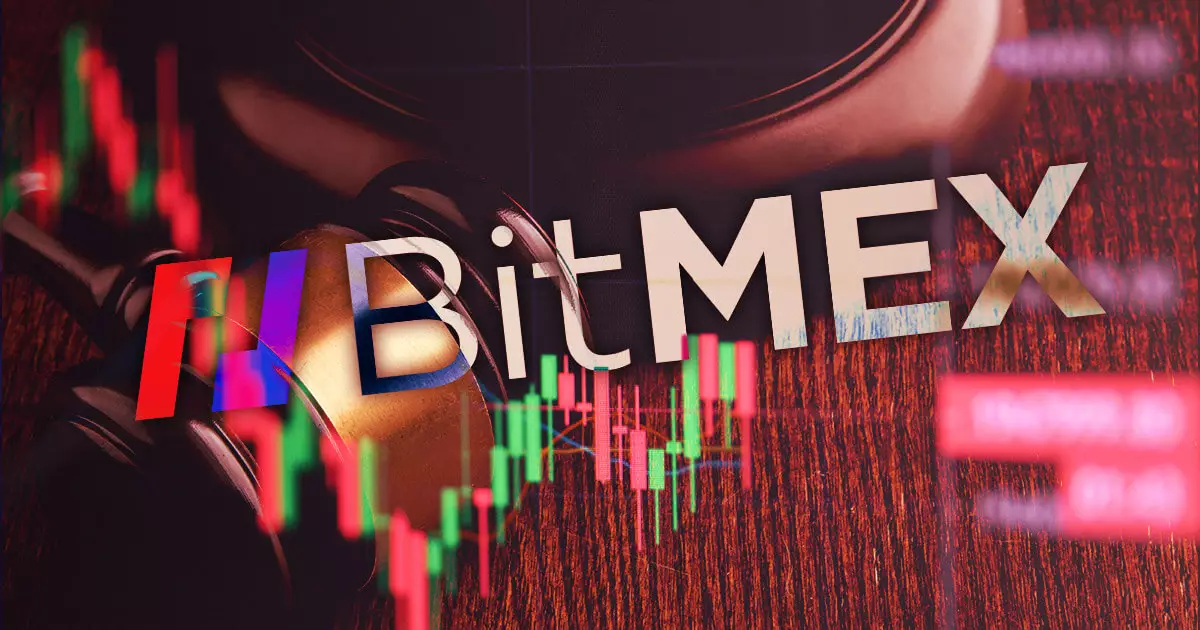On January 15, the United States Department of Justice (DOJ) announced a significant financial sanction against BitMEX and its parent company, HDR Global Trading Limited, totaling $100 million. This fine stems from violations of the Bank Secrecy Act (BSA), a blow to a firm that has been under intense regulatory scrutiny for several years. The announcement came after BitMEX pleaded guilty to the charges in July 2024, marking the conclusion of a protracted legal battle. Initially, the DOJ sought penalties exceeding $200 million, a figure that was later ramped up to a staggering $420 million. However, the court ultimately settled on a considerably lower amount, which BitMEX described as a disappointment but acknowledged as a relief compared to the DOJ’s aggressive demands.
BitMEX did not shy away from expressing its dissatisfaction with both the ruling and the drawn-out nature of the legal proceedings. HDR Global Trading questioned the judicious use of taxpayer resources for what they termed an overreaching response to their compliance failures. This sentiment highlights a broader conversation about the balance between regulatory enforcement and the efficient use of public resources. It raises pertinent questions: could the time and money spent on extensive investigations have been better allocated? The legal landscape surrounding cryptocurrencies is rapidly evolving, yet underlined by complexity, potentially resulting in prolonged judicial processes.
In the wake of the legal issues, BitMEX has asserted that it has undertaken significant steps to enhance its compliance measures. The exchange emphasized its establishment of a “best-in-class user verification program” alongside robust anti-money laundering (AML) protocols. The firm’s leadership has publicly stated that its compliance standards have “transformed dramatically” since the time of the alleged BSA violations. This commitment to compliance not only aims to address past shortcomings but also represents an effort to regain trust among users and regulators alike.
Despite the recent legal challenges, BitMEX continues to position itself as a leading entity within the crypto derivatives market. The company has faced increasing regulatory scrutiny, not just from US authorities but on a global scale. The fine exemplifies ongoing hurdles as BitMEX works diligently to rehabilitate its public image while striving to innovate. The platform remains under restrictions that prevent it from operating fully within the US market, and it has instituted stringent measures to ensure that users from regions where it is barred cannot access its services.
Moving forward, BitMEX aims to pivot away from its contentious history, underscoring a commitment to enhancing its product offerings while ensuring industry-leading security and operational stability. With high-leverage perpetual contracts as a core feature, BitMEX promotes itself as a “pioneer” in the cryptosphere. As it grapples with its internal challenges and the regulatory landscape, the company remains focused on delivering innovative solutions, reinforcing its claim as “the safest, most trusted, financially stable” exchange.
While BitMEX has faced significant legal ramifications, its focus on compliance and innovation will be pivotal as it seeks to redefine its place in the market and restore its reputation in an increasingly competitive environment.

